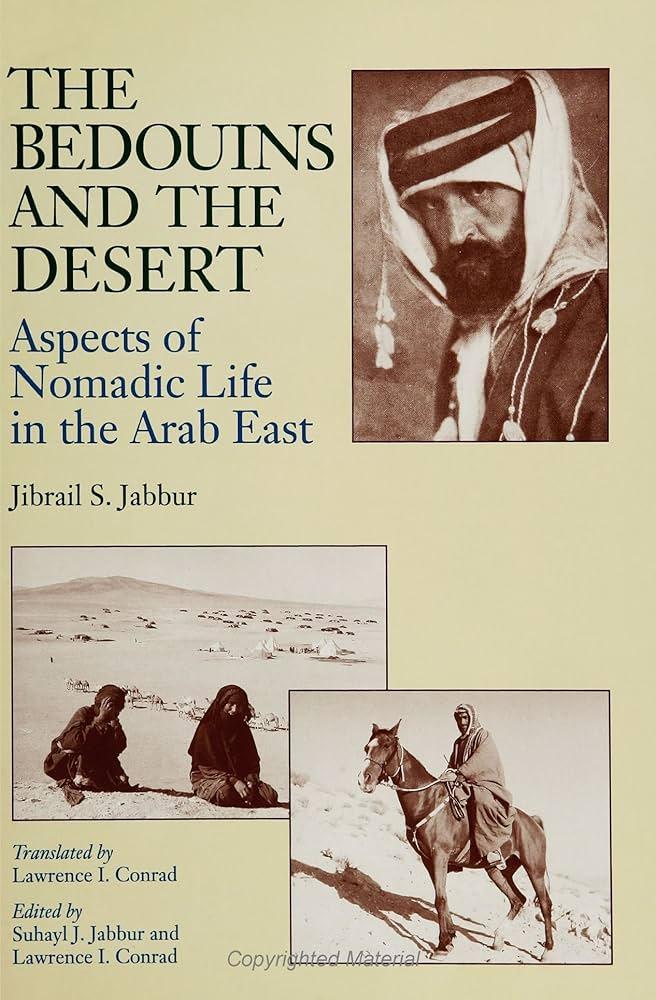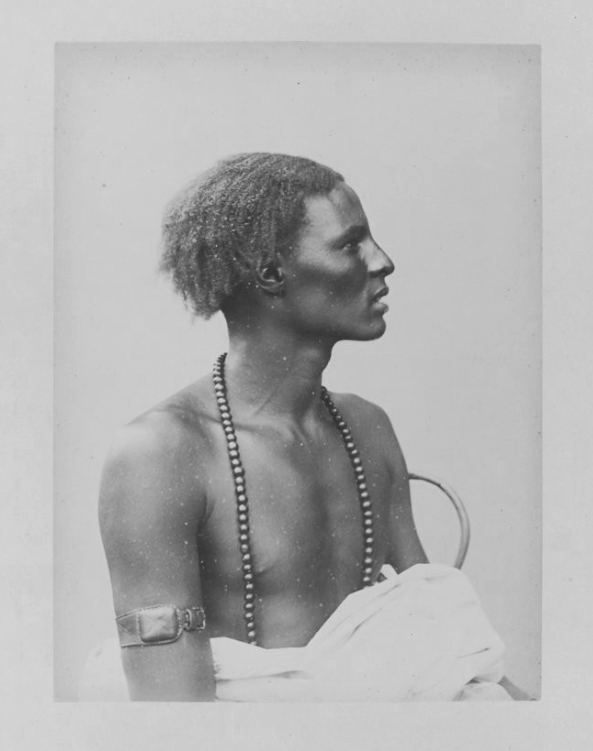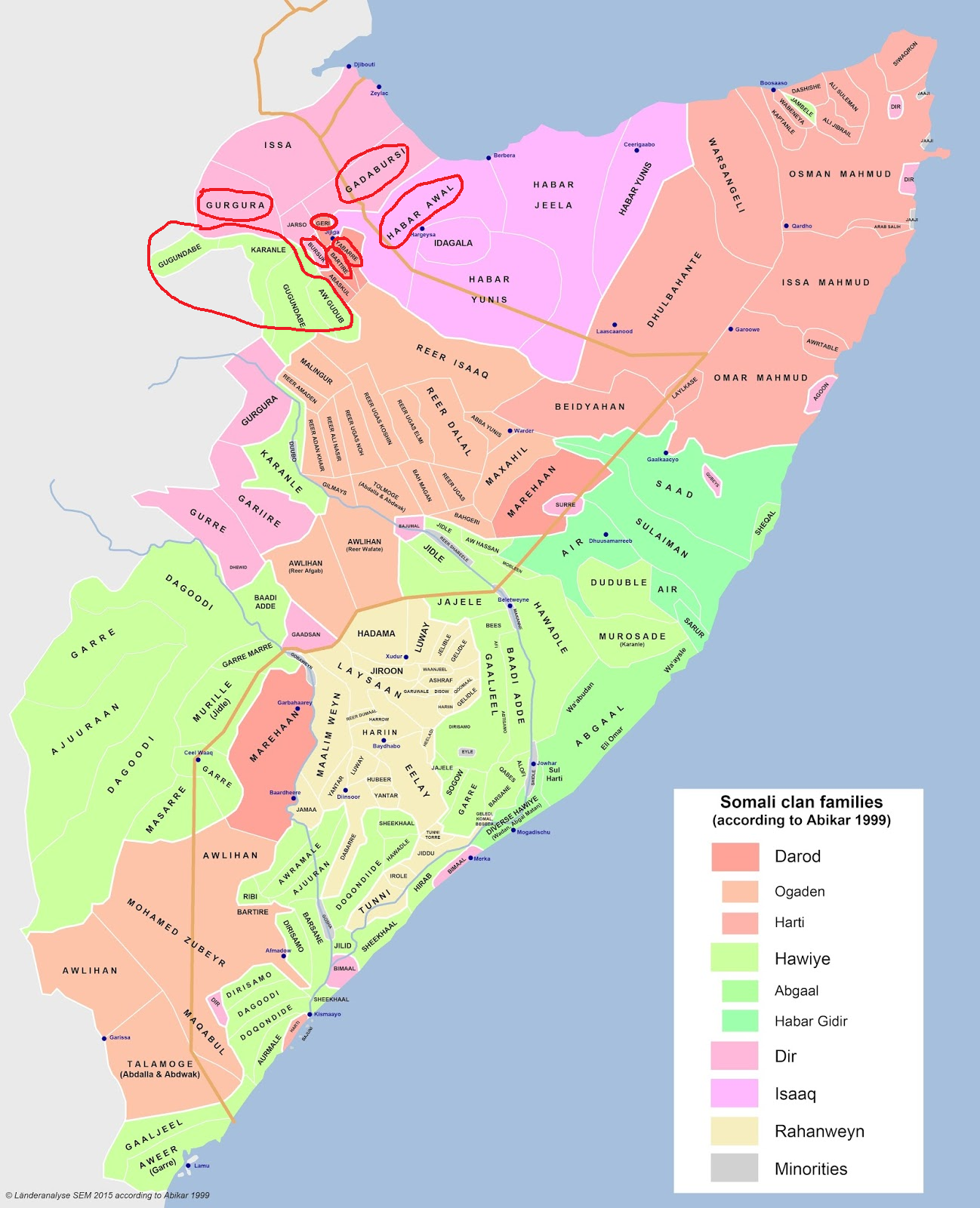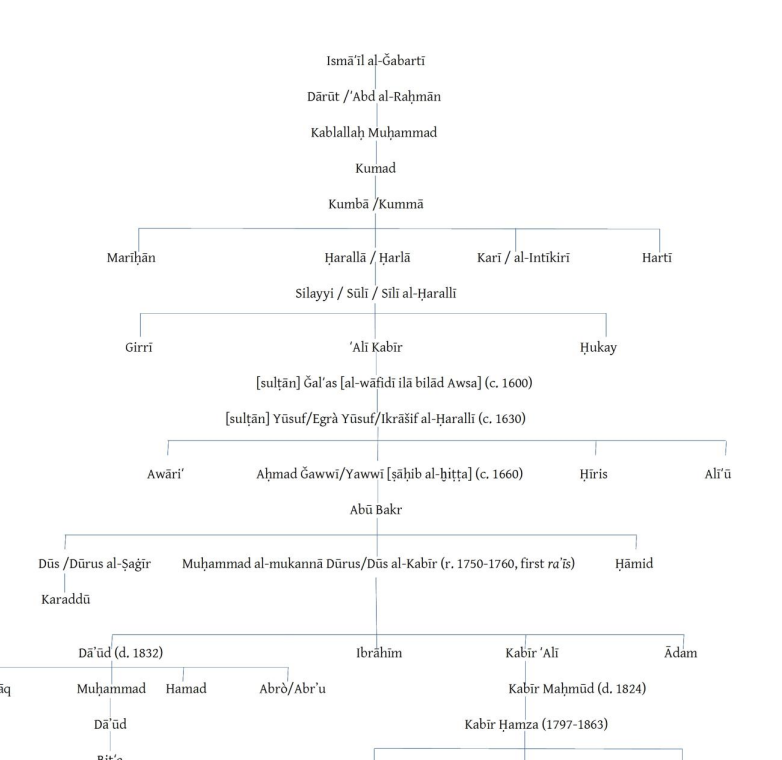Recently I've been reading a book about the Bedouin of Arabia:

A very lovely book that gives you a nice glimpse into Bedouin Arab culture. In it I noticed that many settled Arabs had the historical habit of referring to pastoral nomadic Arabs (the Badu/Bedouin) as "The Arabs". Mothers would make their sons behave by saying they would give them up to "the Arabs", for example:
Post continued below:

A very lovely book that gives you a nice glimpse into Bedouin Arab culture. In it I noticed that many settled Arabs had the historical habit of referring to pastoral nomadic Arabs (the Badu/Bedouin) as "The Arabs". Mothers would make their sons behave by saying they would give them up to "the Arabs", for example:
"Hence I grew up fearing these bedouins, loathing the desert, and hating its people, as did most of the boys in our village. Every one of them used to hear his mother try to frighten him by saying, "Tomorrow I'm going to sell you to the Arabs," or "Tomorrow I'm going to hand you over to the raiders."
Arab and pastoral nomad or Arab and Badu were in many cases synonymous even to people like this who were settled "Arabs" themselves given that by now their Syrian Aramaic heritage was largely lost and they were mother-tongue Arabic speakers with likely notable Peninsular admixture. They were as "Arab" as the Badu who often, if you read the book, settled among them and intermingled with them and were nomads of their particular region in Syria yet the Badu was still the true authentic "Arab" in a sense. In fact, when the word was first mentioned in the historical record it was describing camel herding nomads. Forgive the wiki source but it gets the job done just fine and I don't have a lot of time:The earliest documented use of the word Arab in reference to a people appears in the Kurkh Monoliths, an Akkadian-language record of the Assyrian conquest of Aram (9th century BCE). The Monoliths used the term to refer to Bedouins of the Arabian Peninsula under King Gindibu, who fought as part of a coalition opposed to Assyria.[100] Listed among the booty captured by the army of the Assyrian king Shalmaneser III in the Battle of Qarqar (853 BCE) are 1000 camels of "Gîndibuʾ the Arbâya" or "[the man] Gindibu belonging to the Arabs" (ar-ba-a-a being an adjectival nisba of the noun ʿArab).[100]
Post continued below:
Last edited:




